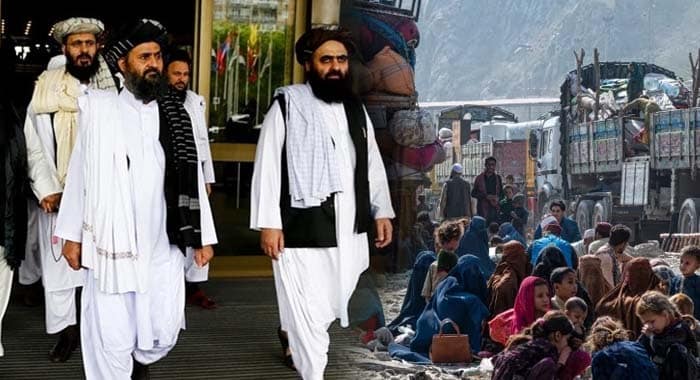In a troubling report, the UN Refugee Agency (UNHCR) has raised alarms over the mass expulsion of Afghan refugees, confirming that 2.3 million people have been deported from Iran and Pakistan this year alone. The agency warns that these returnees are facing unimaginable hardship in a country that remains ill-prepared to accommodate them.
While the Taliban regime has repeatedly assured Afghans in exile that the country is ready to welcome them back, providing safety and stability, the reality on the ground is far from the promises made. Most returnees are finding themselves in dire conditions, without adequate shelter, jobs, or access to basic services. Humanitarian groups have noted that Afghans are being sent back into poverty, facing unemployment, and severe restrictions on education, particularly for women and girls.
The report also highlights that these refugees are returning to a nation where the Taliban’s ability to govern has been questioned, with systematic human rights violations plaguing their rule. UN experts have warned that many of these returnees are being sent back to a country struggling with international isolation and economic collapse.
With Pakistan setting a September 1st deadline for the expulsion of over one million Afghans, the crisis is set to intensify. UNHCR stresses the urgency of international humanitarian aid to prevent further destabilisation, pointing to the strained social services and growing instability in border regions.
As the international community watches, the Taliban’s promises to manage such a massive return seem increasingly empty. Their media statements have yet to translate into meaningful on-the-ground solutions, and without coordinated global support, these forced returns could deepen Afghanistan’s crisis, isolate the country further, and exacerbate long-term regional instability.





